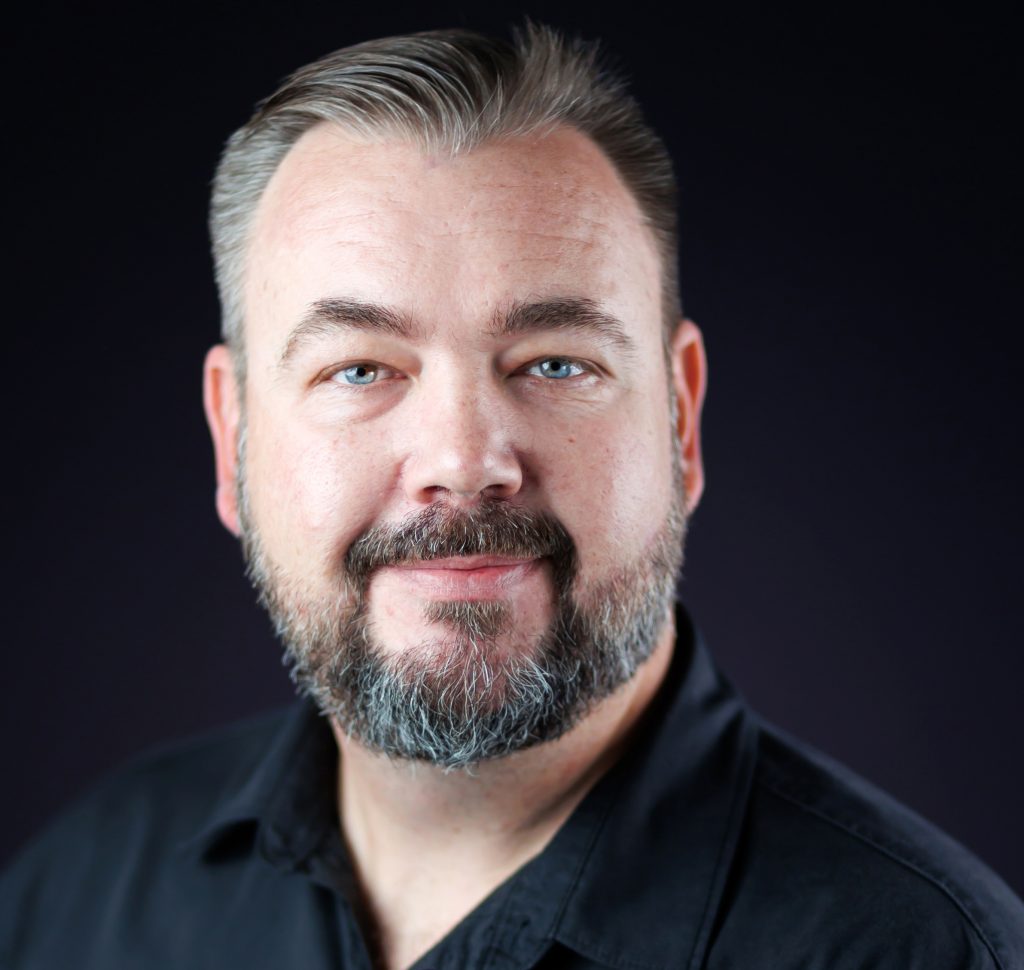As Think WiFi continues to positively impact under-serviced communities through its focus on rolling out free Wi-Fi services in underserved communities across South Africa, the company wants to play are huge role in bridging the digital divide and helping the country to meet the UN Sustainable Development Goals (SDGs). The company has been rolling out free Wi-Fi hotspots, known as ‘ThinkZones’ across South Africa. Marnus Kruger, Chief Operating Officer, Think WiFi, tells Intelligent CIO Africa, why the company teamed up with CommoScope to embark on this project.

Think WiFi has undertaken the mission of empowering people across South Africa by helping to close the digital divide through digital equality. The company, which was formed in South Africa in 2018 and is privately owned, offers a measurable and sustainable free Wi-Fi services and solutions to those communities that currently lack Internet access.
A unique digital advertising platform funds the model, enabling Internet access to be provided free to those who need it most. This purpose-driven advertising model provides brands with saliency in township economies, while delivering the industry with performance-driven metrics and positively measured community impact. This, in turn, funds free, uncapped Wi-Fi that uplifts under-serviced communities and narrows the digital divide, ensuring that everyone ultimately wins.
For the man in the street, local businesses and communities, these Wi-Fi hotspots provide access to the digital economy, online education, government e-services, healthcare, news and information, social media, entertainment, finance, plus trade and educational development courses.
Making the Internet freely available also allows employers to connect to local skills, empowers entrepreneurs with market access and increased awareness, and helps owners grow their small businesses, contributing to economic growth in the community. Currently this free Wi-Fi network is live in parts of the Western Cape, Gauteng, Northern Cape and KwaZulu-Natal provinces of South Africa.
The challenge
Statistics indicate that a little over half of the country’s population – around 56.3% of 60 million – were using the Internet in 2020. This figure is expected to increase to just 62.3% by 2025.
Marnus Kruger, Chief Operating Officer, Think WiFi, noted that some estimates suggest that only 10% of South Africa’s homes have fixed, affordable Internet, while lower-income earners are paying 80 times more for such access.
“According to the State of ICT in South Africa report, the main barriers to online access for the majority of South Africans are data costs, lack of Internet-enabled devices, and low digital literacy. By taking Wi-Fi into the townships through a carefully crafted model that is both sustainable and fundable, we are enabling an increasing number of South Africans to participate in the digital and national economy,” he said.
“One of our biggest challenges has been breaking into the advertising industry as a relatively new and unknown media owner. To this end, we have embarked on significant B2B level public relations and marketing campaigns, in order to increase our awareness in the industry. Since then, we have experienced success in partnering with some of the country’s biggest brands, which have run successful campaigns across our network.”
The journey
Kruger pointed out that Think Wi-Fi ascribes to what it refers to as a hope index, which supports five UN sustainable development goals (SDGs). In essence, he said, the company is of the opinion that free Wi-Fi in under-serviced communities has the potential to have multiple positive impacts.
“To start with, it gets us much closer to delivering equal rights to economic and technological resources. This means that people in these areas can now access digital, financial and essential services via high-speed Internet. Their exposure to climate, economic and environmental events is reduced – a good example here is the remote schooling and working undertaken during the pandemic – and it helps to reduce extreme poverty, by saving money that can instead be spent on other necessities,” he said. “Secondly, it encourages equitable and quality education, as schools are provided with free connectivity and digital education application, while university students and other learners have access to free uncapped connectivity. It also enables access to online classrooms, lectures and vocational training.”
The third SDG, he explained, is focused on decent work and economic growth, and these hotspots help here by connecting employers to local skills, improving small business growth through access to markets and via increased awareness, and it enables start-ups by delivering connectivity and enhanced security.
“Reducing inequalities is another key goal, and is done by empowering social, economic and political inclusion, as it enables participation in the Fourth Industrial Revolution (4IR). It also fosters digital equality for vulnerable communities by providing equal opportunities as well as equal access to work, quality education and other digital services.”
“The final SDG is that of creating sustainable cities and communities, and the Wi-Fi platform is being adapted for Smart City Internet of Things (IoT) applications. These will drive inclusive and sustainable urbanisation and improve community security – as police and emergency services will be able to find locations more easily, and citizens will have online access to help lines,” he said.
By working closely with CommScope, the organisation chosen to implement the Ruckus Wi-Fi access points, Think WiFi has consistently rolled out connectivity options in previously under-serviced areas. In this way, Kruger stated, it has played its part in helping these communities to obtain the benefits of the digital world, while assisting the country to meet its SDG obligations.
The results
According to Kruger, Think WiFi’s approach is to enable these communities with access to free Wi-Fi, while at the same time working closely with brands to assist them to meet their marketing objectives and to also create a bigger drive for purpose-led advertising.
“By partnering with brands through a triple-win approach we should see an increased positive impact in areas such as job creation. We have, for example, already witnessed growth in informal businesses that operate in the vicinity of our Wi-Fi hotspots, known as ‘ThinkZones’,” he said. “As informal businesses grow, so does the potential for job creation. Our solutions can also be applied to education programmes and corporate social investment (CSI) initiatives from a community investment point of view.”
Westcon, the distributor for the Ruckus solutions, stated that the technology is ideally suited to the demands placed on it by Think WiFi ’s approach, and for the increasing requirements of the communities in which the hotspots are placed.
“Robust, easy to maintain and able to connect those who need Internet access the most, these Ruckus wireless hotspot solutions provide the perfect bridge over the much-discussed ‘digital divide’,” said Andries Janse van Rensburg, Channel Manager for CommScope at Westcon.
Riaan Graham, Enterprise Director, sub-Saharan Africa, CommScope, said the importance of connecting underserved communities to the wider, digital world has never been greater. “To grow our economy and create jobs, it is vital to connect people. By providing free connectivity to those who are most in need, CommScope and Think Wi-Fi aim to encourage entrepreneurship and the growth of small businesses, as well as access to global markets for those businesses that are already established. In addition, access to the world wide web provides a unique platform for students to improve their education, and for the unemployed to utilise as a means to seek jobs,” Graham said.
As Think WiFi continues to positively impact under-serviced communities through its focus on helping to meet the UN SDG’s, Kruger noted that the company will be assisting in improving the economic inclusion of South Africans with a combined spending power of up to R26 billion (US$1.69 billion).
“We can only anticipate that creating the conditions for such inclusion will have an extremely positive impact on the South African economy. Considering this, we are also continuing to engage with partners, in order to roll out more infrastructure across the country and will soon be announcing new areas where our ThinkZones will be made available,” Kruger said.
Click below to share this article

